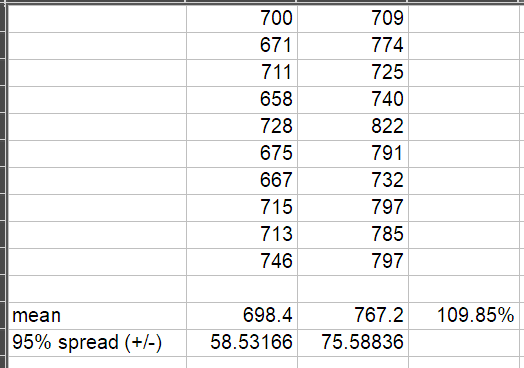Great stuff @hiiamboris.
if all [deep once] [cause-error 'script 'bad-refines []] ;-- incompatible
Isn't it possible that you'd want to replace a single value, anywhere in a deep structure? I agree that the normal case is /all with /deep, and this could be relaxed later if asked for. First use case I think of is that some data value shows up in an error scenario, and you want to test with the data to see if it happens in every case, or what related data there may be.

Rationale
Current
replaceimplementation was stiched together by different people with different small needs and no central design:findtoparsemode when /deep is used and in other hard to predict cases, totally changing semantics and disabling the possibility of/samecomparison and fast hash lookupsfindmode, adds loop properties to it and makes a little step intomap-each/mapparseterritorychangemakes it of quadratic complexity, seriously limiting applicabilityfindfeatures (/only, /same, /part) are not supported by itSee also https://github.com/red/red/issues/4945 previously ignored
Proposal
New implementation:
replace(Parse is left tomapparse)valueis a function, it's just insertedapplyhttps://github.com/red/REP/issues/83Arguments in favor of
mapparseand againstreplace/parserefinement:pattern, but alsovaluechanges meaning in /parse modereplaceexpects a constant value (it's optimized for that), whilemapparseevaluates a code block (how to tell /parse mode if block should be treated as code or as a value)?mapparseis consistent withforparse, and if we integrate it intoreplace, what to do withforparse?forparseandmapparseare loops, so they supportbreak&continuein their code blocks, so their logic is differentmapparsehas different argument order - same as the other loops (foreach, repeat)Performance comparison
I have made two variants of the new implementation:
replace2is straightforward and compiler-friendly, whilereplace1uses blocks of code to make the loop tighter (but they are interpreted).replace/allis the old implementation.Due to compiler benefits
replace2usually wins overreplace1. And considering that get-words in paths cannot be compiled yet, and it includes workarounds for https://github.com/red/red/issues/5319 and https://github.com/red/red/issues/5320 , it should perform better once those kludges are removed. Compared to the old implementation, performance is much more predictable and linear, with worst case slowdown currently down to 23% due to allocation of a new buffer.Tests
replacetest suite adapted for the new version is here. Some tests were refitted withmapparse. Some currently fail due to https://github.com/red/red/issues/5321